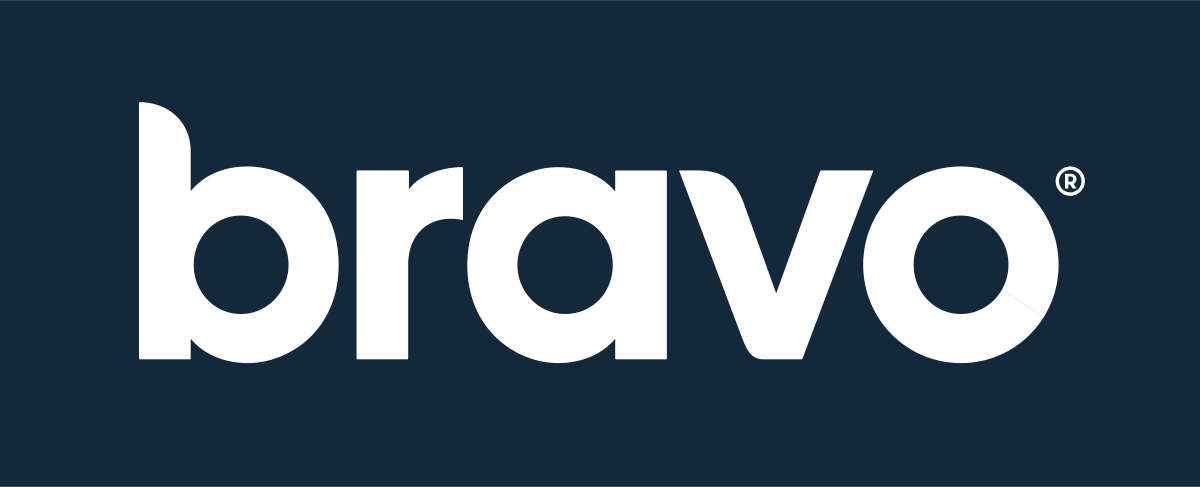I find it fascinating to watch the continuous battle between employers who sponsor health plans for employees and advocates for the beneficiaries of the plans who are gravely concerned about the data that may be gathered and used against employees.
Consider the employer perspective.
Healthcare costs frequently represent one of the top three expenses in an organization, often averaging $8,000 to $12,000 per employee per year. Employers invest many hours negotiating long-term building leases, raw material purchases, and other cost-control initiatives to help the company succeed, yet face annual health insurance renewals that seem to be wildly unpredictable.
When the CDC and respected institutions report that over 70% of healthcare spending is used treating issues that are lifestyle related and largely preventable, many argue that employers have an obligation to educate, equip and empower individuals to avoid debilitating (and costly) health issues.
Consider the employee perspective.
If you’ve accepted a position as a forklift driver, machine operator, administrative assistant or accountant, you’re not expecting your employer to put you on a scale, check your blood pressure, or threaten to impact your financial livelihood if you don’t complete a tobacco cessation course. Your health is personal, as is what you choose to do with your paycheck on payday. Your health insurance benefits are part of your pay and your pay is your business, right?
These are not black-and-white issues.
The benefit plan selected by an employer has to be an effective way to attract and retain talent. If, however, the benefit plan is so rich that it could cause the company to be unprofitable and threaten the company’s viability, most would agree that it should have done more to reduce benefits and control cost.
I believe that if you choose to obtain your health insurance through an employer-sponsored health plan, your health most definitely is your employer’s business. Existing laws requiring that individually identifiable health data be firewalled from all employment-related data are good and effective. After all, the self-funded employer-sponsored health plan paying for a brain scan or a liver test already receive the diagnosis codes associated with the results. If they aren’t going to pierce the privacy veil to fire an employee with a brain tumor or early signs of liver cancer, they probably aren’t going to invoke a witch hunt because someone had high cholesterol at a work-site health screening.
I also believe the crux of the issue is that employers, in their role as plan sponsor, who associate some portion of their subsidy toward employee health insurance with the employee’s proactive role in managing their health are well within their rights to do so. The existing privacy laws that protect employees from employers knowing their medical procedures, prescriptions and test results also apply to wellness screening data and provide adequate protection to employees and employers alike.
When employers extend wellness program benefits to employees outside of the company-sponsored health insurance program, the rules of HIPAA and the ACA do not apply to those employees and the programs present a risk to employees and employers alike. I applaud the fact that the rules offered similar protections to employees who chose not to enroll in the employer’s health plan. And the rules give clear guard rails to employers who are not operating as health plan sponsors.
I personally hope that the drafted legislation (H.R. 1313) in its final form will reconcile the differences between HIPAA, the ACA wellness rules, and the EEOC’s latest GINA and ADA regulations while at the same time preserving the protections extended by the ADA and GINA to non-health plan participants.
Bravo is on the forefront of this issue. As a Board member of the Population Health Alliance and co-chair of HERO’s Government Affairs Committee, I hope to represent the voice of our partners and customers as we help shape new regulations that protect employee privacy rights while preserving and simplifying employer initiatives to support and reward healthier behaviors.

